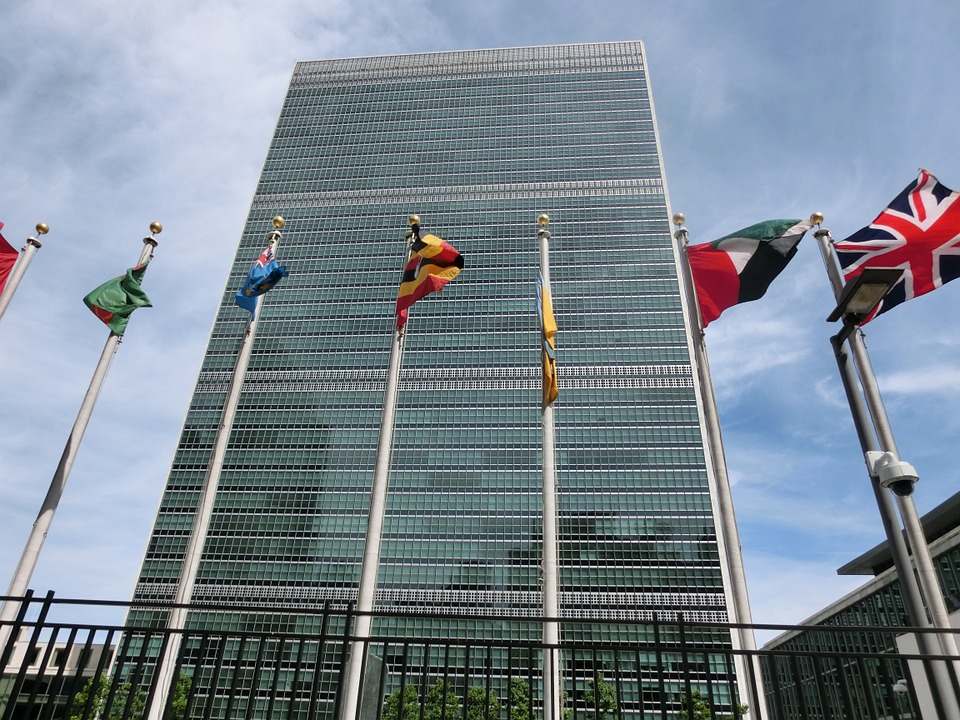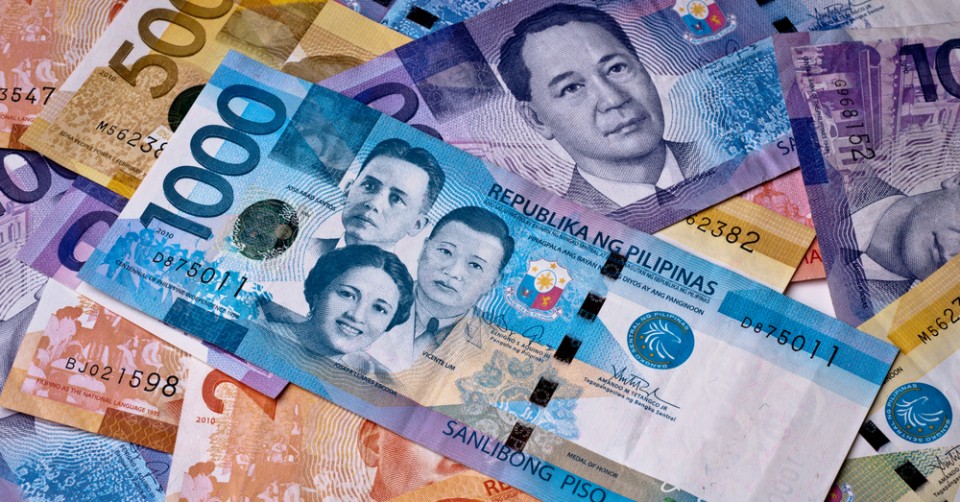The wide boy antics of the newly elected president of the Philippines notwithstanding (it certainly is one hell of a show) there is something missing from the narrative. As much as his hard line stance on drugs is proving popular with the electorate, there is a pattern emerging, one which is particularly evident when you look specifically at his approach to foreign policy. In order for me to highlight this pattern and make it nice and easy to see I’ll frame it in a way that everyone can probably relate to pretty easily.
Do two wrongs make a right?
I think most right thinking men and women who are reading this article would agree (please feel free to slaughter me in the comments for that assumption if it is incorrect) that two wrongs don’t make a right. What point am I making? You see, every time that another nation or group of nations criticize Mr Duterte’s approach to human rights, his only response, rather than defending said approach, is to attack their own history.
Under no circumstances would I ever suggest that drugs, drug dealers and corruption are not scourges on the country – for recognizing that, and for tackling it head on, I applaud Mr Duterte. I fear though, that the basic inalienable rights of the population trump these in importance. Is the palace directly responsible for the extra judicial killings (which certain organs of the Philippine press have actually started calling EJKs in what appears to be some vain attempt at mitigating the sheer horror and violence of them)? I doubt it. Is the course and angry narrative at least partially responsible for creating an environment where they are being allowed to occur? I’d have to say this is a distinct possibility.
A lot of good things are happening in the Philippines
By and large Duterte is achieving many good things in the country, what I cannot come to terms with is why he seems to be deliberately undermining himself with his hard line rhetoric and unpredictable antics. What does publicly saying F*** You to the European Union achieve? What’s more he said that the only reason they were engaging in the discussion about human rights in the Philippines is to atone for their own previous abuses. Once again, two wrongs don’t make a right. He did the same thing to the United States, highlighting previous atrocities instead of responding to the question.

On his recent back and forth with the United Nations, at the end of which he invited the UN to conduct an investigation into what has been happening in the Philippines, he finished off by saying that he would investigate them back. Investigate them for what exactly? What was it that he was trying to say? If anyone would like a definition of the tactic you can find a description of a straw man argument here.
The point is that the historical conduct of other actors does in no way justify the present situation. To have as your only retort to criticism “But they did it first” is a pretty weak standpoint. At no stage am I suggesting that there is a human rights problem in the Philippines, I am not qualified to assess that. There are people who are qualified to assess it though, and if there is not a human rights issue then what is to fear from an investigation?
Economic Impact
Proponents of the President are quick to say that the recent dips in the Peso cannot be attributed to the current instability in the country. The peso is, as I write this, sitting at a 7 year low against the dollar. Standard and Poors has publicly announced that “the stability and predictability of policymaking has diminished somewhat” and as a result an upgrade is unlikely. His strong worded monologues which are publicly attacking all of the country’s major trading partners are being noticed and they’re making people uncomfortable.
The reality is that the only thing that is required for the Philippines to find itself on strong and steady economic ground is to ratchet down the rhetoric and ratchet up the transparency. The country has a robust and fast-growing economy and has posted strong GDP growth for the past 15 years (apart from a blip in 2008 which took every major world economy out). It should be an attractive place to invest. Without stability and transparency though, none of that matters.

The Philippines is on the cusp of greatness, a ledge upon which it has teetered dangerously for many, many years. The decisions that are made in the next 6 years have the potential to continue with the economic growth that has been put on the board to date. They also have the potential to wind back the clock and leave the country floundering. There is nothing wrong with increasing ties with the likes of China and Russia, it’s good, solid economic policy.
The point is that it does not have to be done at the expense of the republic’s relationships with the EU and the United States, these relationships are not mutually exclusive. To me, the big question is, why is it necessary to be so guttural and vile every time someone calls him to task? He may be very effective as a politician domestically but managing geopolitics requires something more than that, it requires diplomacy and I fear that the leader of the Philippines is running the risk of having his good works overshadowed by a lack of that particular talent.
A man who clearly loves his country
Duterte is nothing if not a patriot with a passion for cleaning up what is one of the most dynamic and exciting countries in the fastest growing part of the world. Patriotism is a sword with two edges though. It’s a fantastic, arguably essential, attribute of a successful head of state. However that head of state needs to also understand that when he’s on the global stage with other leaders, he is a man among peers and a man among patriots. Each one wanting the best for their own country and quite ready to take offense at having their country insulted. What is the potential outcome? Probably not an invasion, probably not even a response in the short term. In the case of the EU they didn’t even bother commenting. The fall-out will come the next time that the topic of import tariffs or sanctions come up. You see, the problem with running away from scrutiny is that people think you have something to hide.
If you are waging a war that is raising eyebrows among the constituents of your major trading partners and you are seen to be acting in a way that could be interpreted as actively avoiding scrutiny then you’ve got a problem. It’s the populations of those trading partners that all those peers and patriots I mentioned earlier are ultimately loyal to.
After the pre-election issues regarding the rape and murder of Jacqueline Hamill I’d say there are still plenty of people in Australia who would actively avoid products made in the Philippines. Will that gaff ultimately have a negative impact on the economy of the Philippines? Only time will tell but it was most certainly a blot on the country’s copybook when it comes to one of its larger trading partners.
Could the Philippines turn its back on relationships with the United States, Australia and Europe and replace them with China and Russia? Most probably, to a degree anyway. What I fail to understand is why it’s necessary to break the relationships on one hand to then re-form them on the other when they are all perfectly able to survive side by side.

Comments are closed.